What if you could consciously dream? That is, be entirely aware that you’re dreaming and have complete control over what is happening? What if you could even choose to ask any question you wanted of any dream character at night?
There is a group of entheogens known as “Oneirogens” (from the Greek oneiros meaning “dream” and gen meaning “creating”), which produce and also enhance dream-like states of consciousness. These herbs and roots have been used for thousands of years for prophetic divination through dreams, out-of-body experiences, and to consciously awaken you during dream states (Lucid Dreaming).
The following legal psychedelics can be safely consumed having minimal effect on waking consciousness, and will only exhibit their effects when you fall into a natural state of sleep.
1. Calea Zacatechichi (Mexican Dream Herb) ~ Clearer Dreams
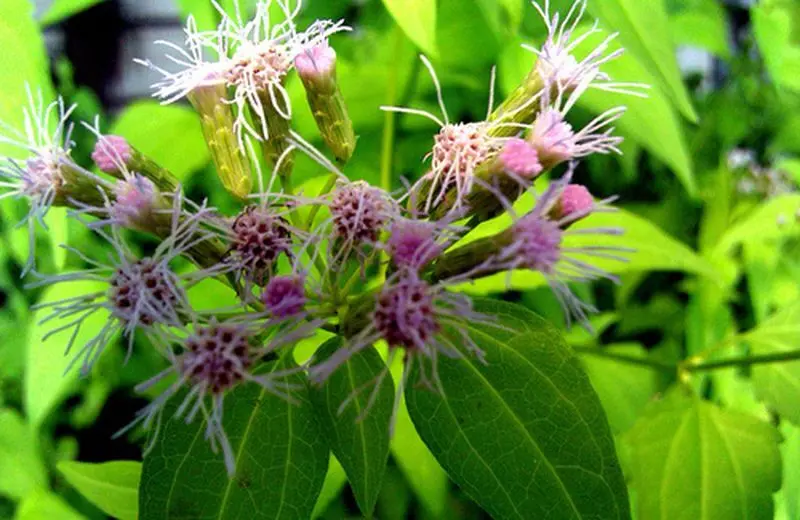 Calea is perhaps the best known of all Dream herbs. The Chontal Indians of Mexico used this shrub traditionally for lucid dreaming. I personally prefer growing mine as the fresher the herb is, the better. Calea can be consumed in tea (the flavor is pungent and bitter) or by smoking the dried leaves. A combination of smoking and drinking an infusion of the herb before bed, setting intention and focusing on one’s heartbeat creates the ideal conditions for dream-time spiritual journeying.
Calea is perhaps the best known of all Dream herbs. The Chontal Indians of Mexico used this shrub traditionally for lucid dreaming. I personally prefer growing mine as the fresher the herb is, the better. Calea can be consumed in tea (the flavor is pungent and bitter) or by smoking the dried leaves. A combination of smoking and drinking an infusion of the herb before bed, setting intention and focusing on one’s heartbeat creates the ideal conditions for dream-time spiritual journeying.
Effects: Apart from the intensification of visual imagery during sleep, you may find yourself feeling a sense of well-being, light-headedness and clarity the day after.
Use: Taking at least five grams of this herb is required to be really effective for most people. Drink the herb before bed, keep an intent in mind before falling asleep (e.g. “I want to meet my Spirit Guide“) and repeat for several nights until lucid dreaming occurs.
2. Artemisa Vulgaris (Mugwort) ~ Astral Work
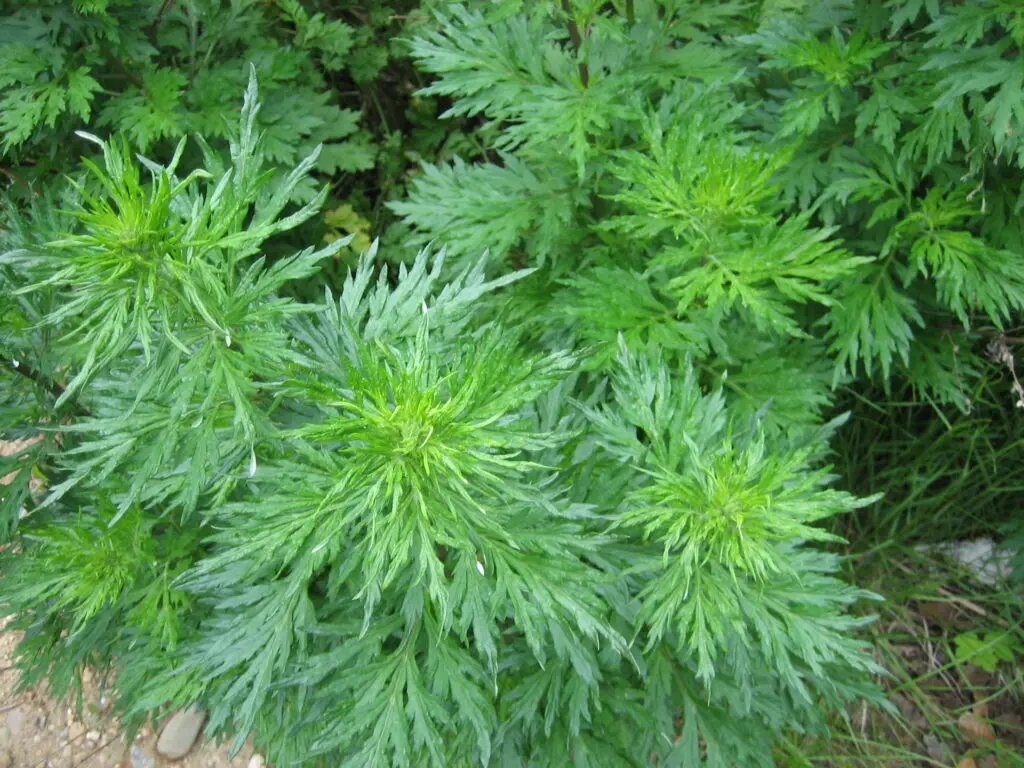 Mugwort has long been used by many cultures for prophetic dreaming and astral traveling (its Paiute name translates literally to “Dream Plant”). Smoking the herb directly into the lungs, or burning it as incense in the afternoon, assists with lucid dreaming. Drinking the calming, liver cleansing tea before sleep may also keep you longer in a conscious dream state (REM sleep). This herb often helps one heal while dreaming. Some users report having darker dreams that reveal hidden insights and core wounds, helping them to find closure.
Mugwort has long been used by many cultures for prophetic dreaming and astral traveling (its Paiute name translates literally to “Dream Plant”). Smoking the herb directly into the lungs, or burning it as incense in the afternoon, assists with lucid dreaming. Drinking the calming, liver cleansing tea before sleep may also keep you longer in a conscious dream state (REM sleep). This herb often helps one heal while dreaming. Some users report having darker dreams that reveal hidden insights and core wounds, helping them to find closure.
Caution: Avoid this herb if you are pregnant. Mugwort relaxes the uterus in women and should never be drunk, smoked or even touched by expectant mothers. Mugwort is also potentially allergenic to people sensitive to plants in the Asteraceae (daisy) family.
Effects: Apart from the intensification of prophetic visual imagery during sleep, this herb magnifies the brilliance of your dreams and overall duration of your sleep. It is also popular among herbalists to aid in relieving menstrual pains, joint pains and headaches.
Use: 1 teaspoon per cup. Pour boiling water over the herb, cover, and steep for 10 minutes. Drink or smoke before going to bed (Mugwort has a floral taste when smoked).
3. Heimia Salicifolia (Sun Opener) ~ Memory Travelling
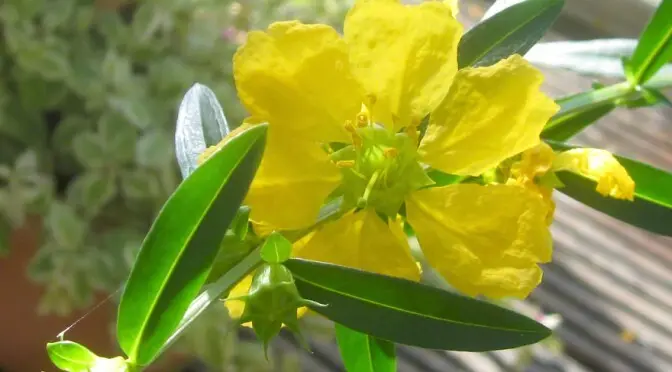
This plant was called Sinicuichi (or Sun Opener) by the Aztecs and is still used by Mexican shamans as a trance divination catalyst. This herb is regarded as sacred in that it enables vivid recollection of past distant events. Some users I have worked with have even reported the remembrance of pre-birth events!
Effects: Apart from the intensification of prophetic visual imagery during sleep, Sun Opener causes a yellowing of the vision and altered acoustic perception.
Use: Traditionally, fresh leaves are collected and allowed to wilt. The leaves are then put into a cup or jar, cool water is added, and the mixture is placed in the sun to brew and ferment for at least 24 hours. It is said that during the fermentation process, the knowledge of the sun is embedded into the potion, creating the “elixir of the sun” (hence the name).
4. Celastrus Paniculatus (Intellect Tree) ~ Sharper Thoughts
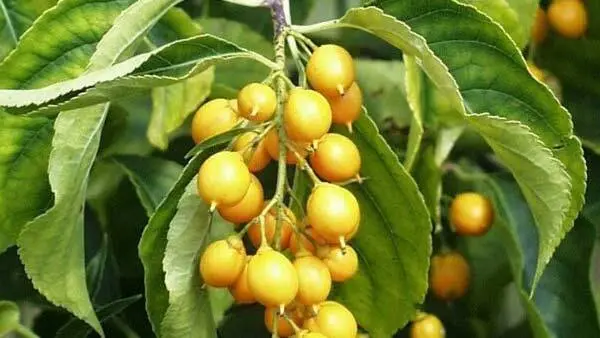
Celastrus paniculatus is a shrub used in Ayurvedic medicine in India. Celastrus seeds and oil have long been regarded in India as beneficial to the intellect and memory which makes it a wonderful supplement in dream recollection. Apart from its effectiveness as a dream enhancer, Celastrus is a great mental stimulant, or nootropic, that increases your mental “sharpness.”
Effects: Apart from the intensification of visual imagery during sleep, Celastrus is an effective brain tonic.
Use: Take 5-10 seeds one hour before bedtime for 3 to 5 days until vivid dreaming occurs.
5. Silene Capensis (Xhosa Dream Root) ~ Prophetic Dreams
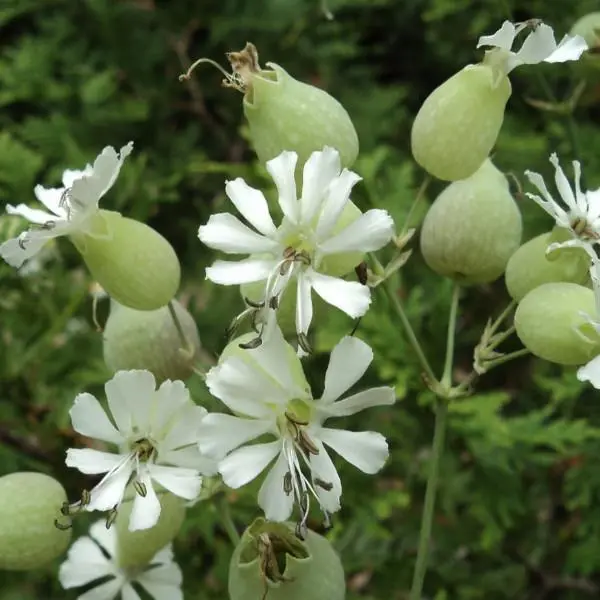
Silene is regarded by the Xhosa people of Africa as a sacred plant. Its roots are traditionally used by shamans to promote lucid dream states in healers and other shamans during initiation ceremonies. It is noted as a “teaching plant” that is considered highly sacred.
Effects: Intensification of visual imagery during sleep.
Use: Mix this herb in small amounts in water and consume prior to sleeping. Silene also makes an interesting tasting tea but it can be bitter, so the extracted “shot” form is recommended.
6. Nymphaea Caerulea (Blue Lotus) ~ Deeper Sleep
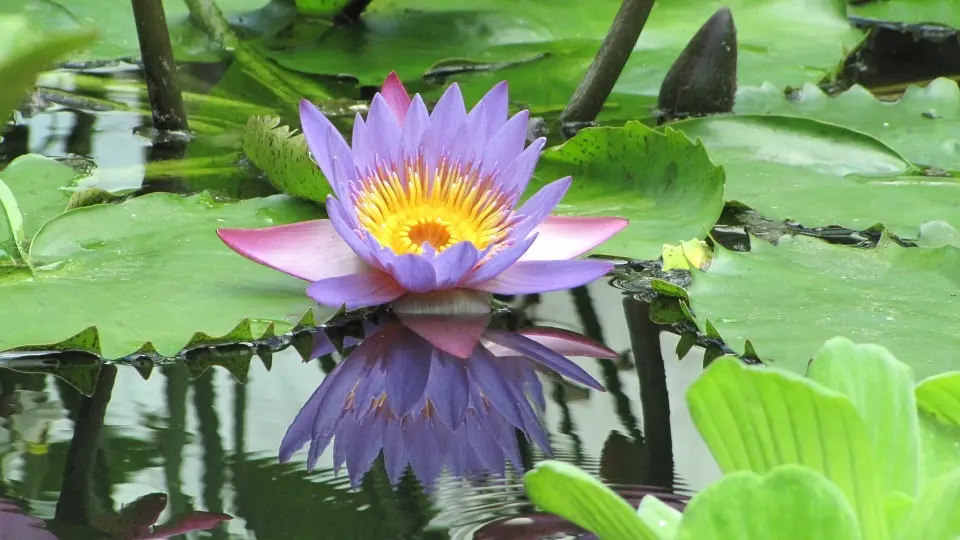
Although it is nicknamed the Blue Egyptian Lotus, the Nymphaea Caerulea herb is actually a Water Lilly that shares no connection to the actual lotus flower. Nymphaea was used as a sacrament in ancient Egypt as a mild sedative. Today, the herb is used by herbalists to treat insomnia, but it has also been reported to induce lucid dreaming.
Effects: Improves quality of sleep and may intensify visual imagery.
Use: This herb is typically consumed in teas, elixir extracts, or by smoking it. If you have trouble dreaming or if you find yourself frequently waking up during dreams, blue lotus is a great supplement to use alongside one of the other substances mentioned in this article.
7. Asparagus Racemosus (Tian Men Dong) ~ Spirit Alignment
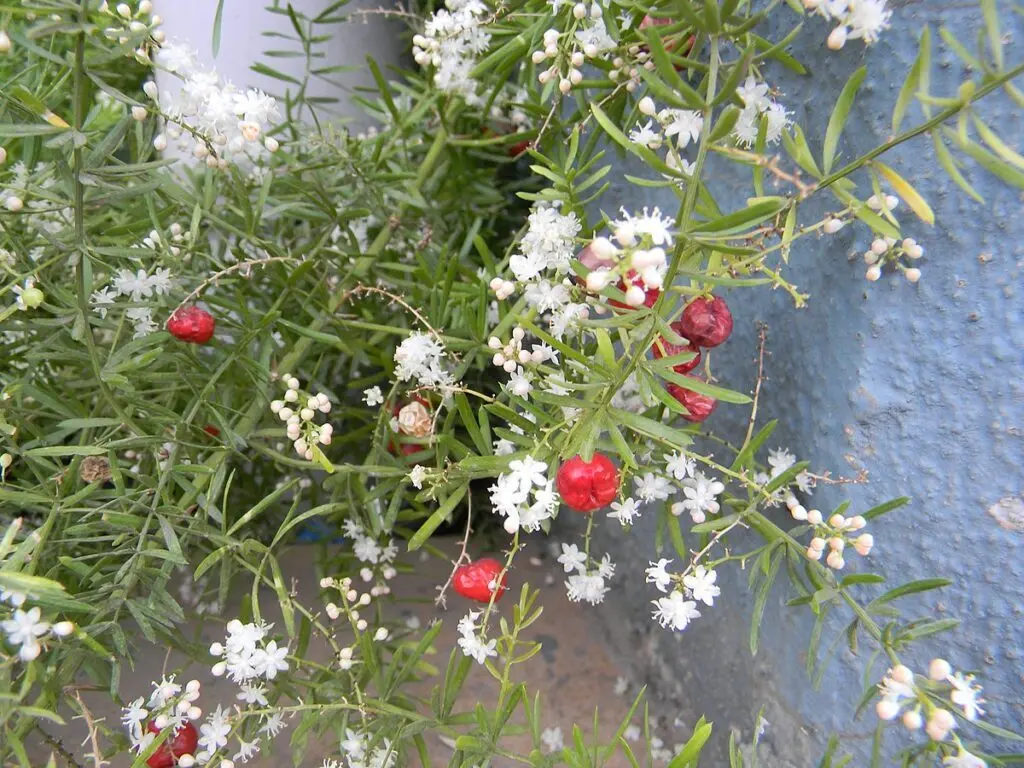
Tian Men Dong is one of the world’s top adaptogens and is also know as the “Wild Asparagus Root” in English, and “Shatawari” in Ayurvedic medicine. The Chinese word for wild asparagus root is Tian Men Dong, or “heavenly spirit herb,” as it was cherished by shamans, monks, and yogis for its heart-opening effects. Chinese Taoist monks placed much value on dream work, nicknaming Wild Aspagarus as “The Flying Herb”; they found it effective to help one fly through the universe at night, achieving magnificent dreams and moving in alignment with the spirit.
Effects: Improves quality of sleep, induces relaxation and stress relief, serves as a good anti-depressant and stimulates “flying dreams.”
Use: 1 to 3 grams per day in a concentrated form.
8. Entada Rheedii (African Dream Bean) ~ Spirit Communications
Traditionally used in African medicine to induce vivid dreams and enable communication with the spirit world, Entada facilitates entry into the dream world, and promotes increased REM awareness. This makes it easier for the sleeper to realize that they are dreaming and thus gives them an edge in achieving lucidity. Entada contains several active compounds, essential oils and alkaloids.
Effects: Improves sleeping states by increasing depth, length and awareness.
Use: The inner meat of the seed is consumed directly, or the meat is chopped, dried, mixed with other herbs and smoked just before sleep to induce the desired dreams.
Source: Lonerwolf by Mateo Sol

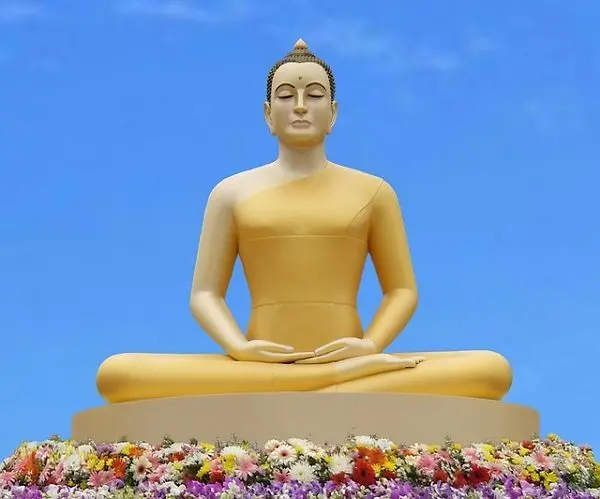




 Chiedi maggiori informazioni su come prenotare un consulto tarologico privato con Luce.
Chiedi maggiori informazioni su come prenotare un consulto tarologico privato con Luce.
1 comment